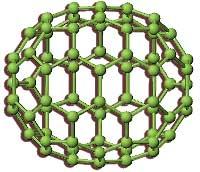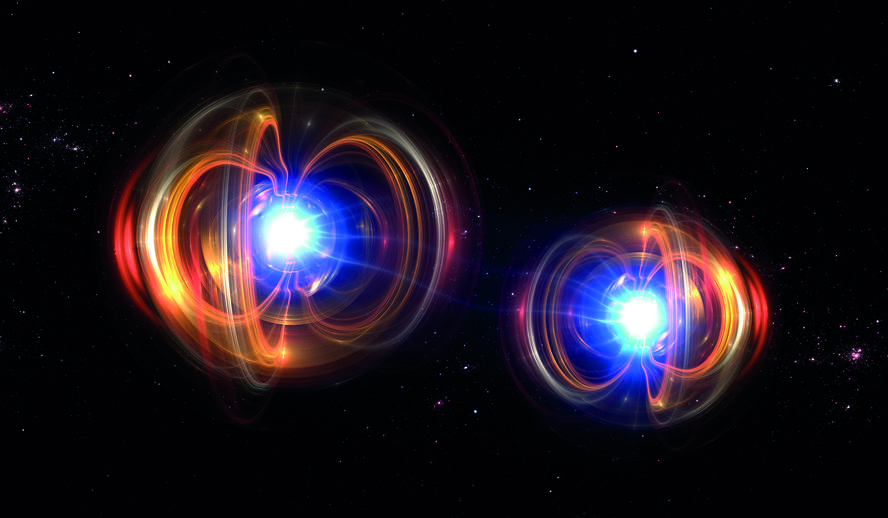"To be a physicist you don't need to be a genius and you don't need a special vocation"
2023/10/06 Galarraga Aiestaran, Ana - Elhuyar Zientzia Iturria: Elhuyar aldizkaria

With Sara Fernández Uria, it doesn't appear much. Fernandez was not surprised by this: "In short, I don't have so many published works," he accepted. But, beyond its name, the discrimination suffered by physical women is undeniable, as pointed out by Fernández: "It's true that not only are there few physical women, but there are, so I'm sure there's a lot of Google information missing about it. Let's see if we fix it! "...
In fact, he started studying physics at university "a little unintentionally." You've always liked math, nature, technology -- and at first I intended to do some engineering. But just as he had to go into college, they created the double degree of Physics and Electronic Engineering, and as it was new, it was chosen.
"Already in the first year I realized that what I really liked was physics. Now, over time, I've remembered that the people I liked most in school were math and physics. But I don't know if it seemed very difficult to me, that I wouldn't be able to do it, and so I didn't dare. And I think the gender gap we've mentioned before in physics is very much related to that, to the genius myth. The idea that society has is that to be a physicist you have to have special skills, that it's not enough to work a lot, and, along with the education that we get girls, this makes it difficult for a 16- to 17-year-old girl to choose physics."
In addition, Fernández believes that being so mystified distances the physics of society. However, he advanced and realized that career people were like her. In addition, they had a very good environment and they helped a lot.
And so it came to cosmology. "It was without thinking too much. Throughout my career, I was clear that what I liked most was theoretical physics, and when I chose the final degree job, I spoke to a professor (now my thesis director), because he gave us a very theoretical subject, but he didn't really have many ideas of cosmology. This work I really liked and proposed to do a doctoral thesis. That's it."
In this sense, Fernández wants to make it clear that vocation is not absolutely necessary to be physical. She doesn't deny that some have a strong vocation, but when she was young she squeezes hard with her because she believed she had to have a special passion or vocation. "And what happens is that we don't have the opportunity to know what we like and know what we want to do to know that it takes time. We have to try things out, and that's been my case, for example, so I've come to physics first and then cosmology."
In the world of quantum gravitation
Specifically, it investigates in the field of quantum gravitation. He explains that it's about combining gravitation with quantum physics. "We use gravitation primarily to explain large-scale physics, for example, the motion of planets; and quantum mechanics to describe small-scale, for example, how an electron moves."
It sets an example of a phenomenon in which both converge: black holes. "Black holes have a large mass and then create a very violent field of gravity. But at the same time, when we span a very small volume, we also need quantum mechanics." Today, however, physicists cannot unite both theories. Although his subject is much more specific, Fernández investigates in this field.
From now on, even if he wants to go deeper into it, he sees it very difficult, because the life of the researcher is very precarious. Therefore, although I would like to make a post-doctoral, I do not know if it will succeed in making progress. "My dream would be to get a place in college and be a professor because I teach and I really like it. But it's hard, it's very difficult," he says.

Gai honi buruzko eduki gehiago
Elhuyarrek garatutako teknologia







